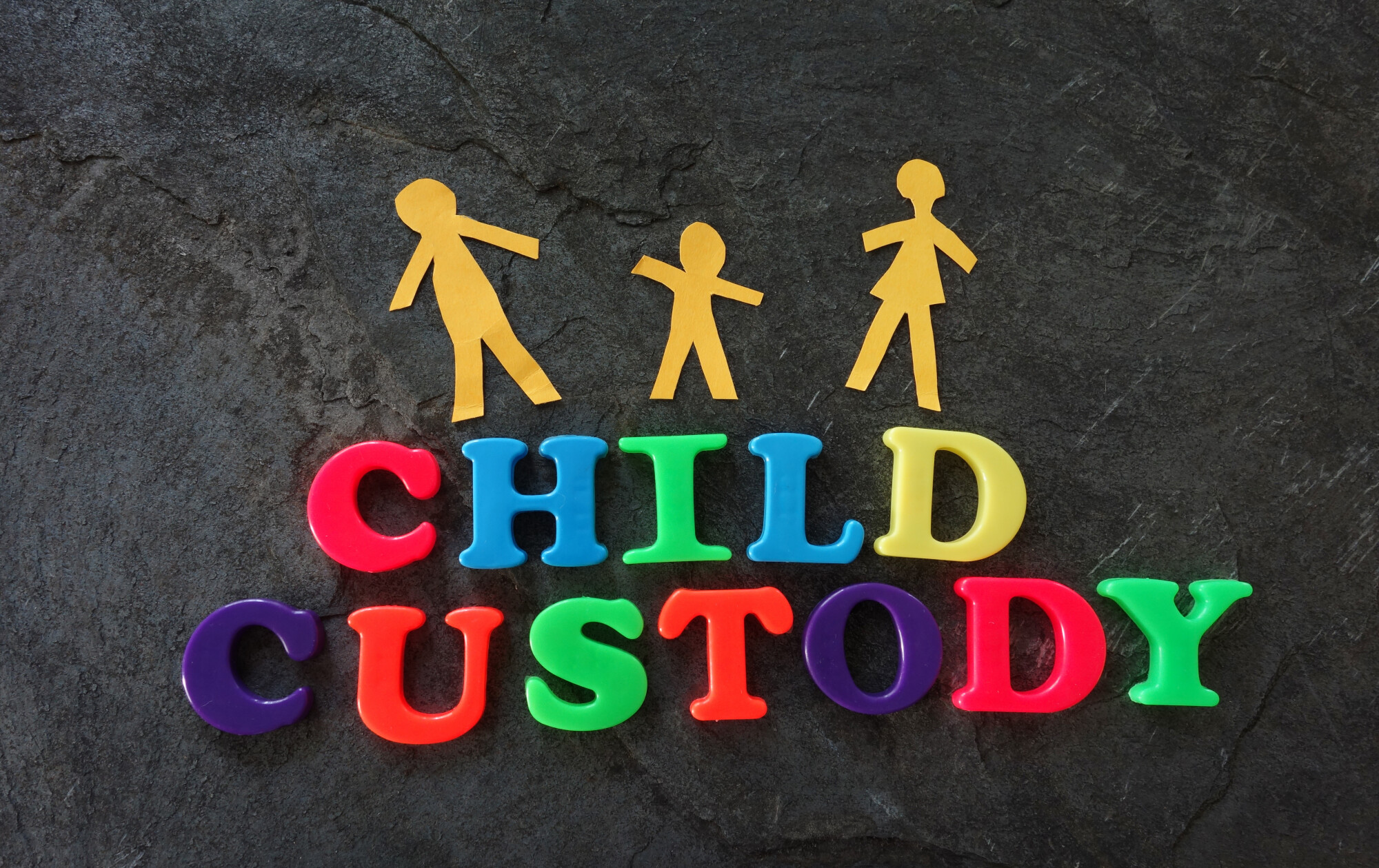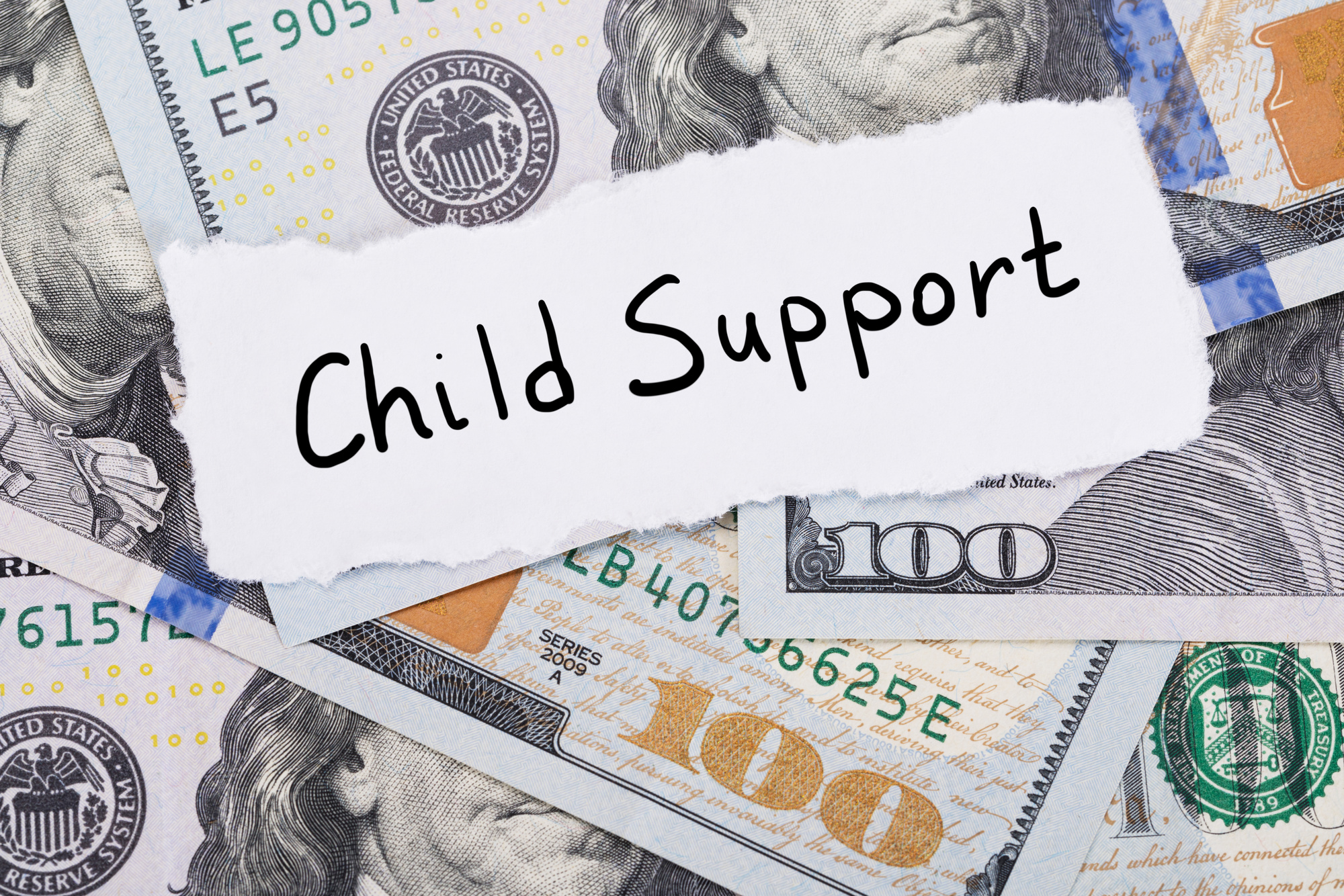The Legalities: What Does Emancipation of Minors Actually Mean?
Did you know there are about 20 million emancipated minors living in the United States today? Emancipation is a tricky subject and one most people don’t know a lot about. You may know that emancipation allows a child to become a legal adult early, but what does that mean, and why is it done?
Emancipation of minors can be an effective way to protect them from irresponsible parents or give them the legal rights they need. Read on to learn more about this process and what it means for minors.
What Is Emancipation?
Legal emancipation of a minor is defined as a situation in which a judge has declared that the parents have surrendered the right to care, custody, and earnings of the child and have renounced parental duties. In simpler terms, a legally emancipated minor is allowed to (for the most part) live on their own as an adult. In almost all cases, this classification requires a court hearing.
Emancipation is sometimes used to protect children with substantial incomes from untrustworthy parents. This can include child stars and musicians, as well as minors running successful businesses. But more commonly, emancipation is used to allow a self-supporting minor to continue living on their own free of parental control.
Partial vs. Complete Emancipation
You might be surprised to learn that there are two basic types of emancipation: partial and complete. Complete emancipation is the more common form and the one most of us think of when we hear the term. In this type, the parents are no longer legally responsible for the child in any way and do not hold any legal power over them.
In a partial emancipation, only some of a parent’s legal power over their child gets removed. For instance, a child may get emancipated for a certain period of time as a trial run or during a special circumstance. A child may also gain the legal right to keep and spend their own income as they please or to make their own decision about a pregnancy.
Benefits of Emancipation
The benefits of emancipation for minors are much the same as the benefits of turning 18 and becoming a legal adult the traditional way. Emancipated minors can keep all of the income they earn and can make healthcare decisions for themselves. They can also file lawsuits, sign contracts, and apply for public benefits.
The ability to sign contracts can be especially important for emancipated minors since it allows them to sign leases or rental agreements. They can even buy homes, cars, and other large items if they can pay cash or get approval from a lender. And emancipated minors can make decisions about which school they attend for the remainder of their education.
Limitations on Emancipation
Of course, just because a minor gets emancipated doesn’t mean they automatically have the full rights and privileges a legal adult does. The primary role of emancipation is to remove a child from the legal control of their parent. But there are still some things they may not be able to do until they turn 18 or 21.
Emancipated minors cant engage in legal activities that have age limits, such as drinking, smoking, gambling, getting tattoos, or getting married. It’s also important to note that getting married doesn’t automatically mean a minor is emancipated. Even in states where marriage is legal under the age of 18, those minors will still be under their parents’ legal control unless they apply separately for emancipation.
Age Requirements for Emancipation
It will likely come as no surprise that there are age limits on the emancipation of a minor. An 8-year-old isn’t going to be allowed to emancipate, no matter how irresponsible their parents might be. Instead, child services will get involved with the case, and the child will go into the foster care system until they are old enough to emancipate or until they turn 18.
In most states, the minimum age at which you can emancipate is 16, although some states have it as low as 14. And you might be surprised to learn that some people past the age of 18 can seek emancipation. If a mentally disabled person has not been declared a legal adult because of their condition, they can apply for emancipation even after they turn 18.
Routes to Emancipation
There are several routes by which a minor can emancipate, or become a legal adult. The first and most common, of course, is by turning 18, at which point they are in charge of their own legal issues. And in some states, joining the military under the age of 18 may result in a kind of emancipation, since soldiers are legally under government control.
In some cases, a parent may agree to give up some or all of their parental control over their child. This may be more common in situations where a minor has a substantial personal income they’re looking to protect. And finally, a court may choose to emancipate a minor in response to some misconduct from the parent.
Learn More About Emancipation of Minors
The emancipation of minors is a challenging subject since it involves giving a child legal control over themselves. Emancipation may be partial or complete and can happen in several ways.
If you’d like to learn more about the emancipation of minors, check out the rest of our site at Family Attorneys Near Me. We can help you to connect with people who know what you’re going through and are here to help. Contact us today and search our network of more than 16,000 professionals to find the right one for you.









